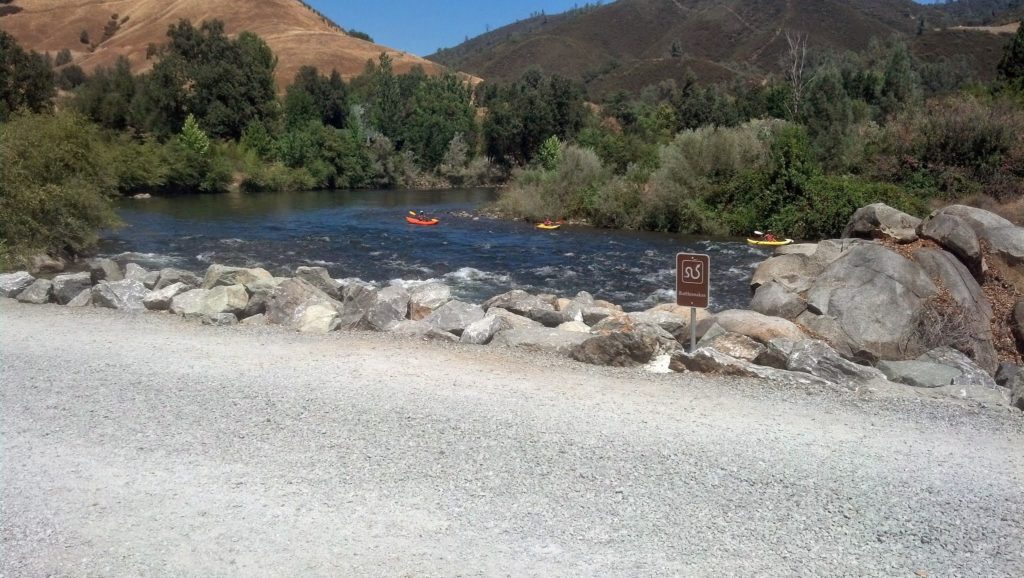
The most powerful force on earth
James 5: The prayer of a person living right with God is something powerful to be reckoned with.
One righteous person praying is the most powerful force on earth. It’s true you know. Prayer is the most powerful and most underutilized force available to us. Righteous praying influences the God who’s already inclined to bless us. I think I believe this but tend to not act as though I believe it. Prayer’s more an “add on” to what matters to me. I sometimes do the best I can do and then toss in a prayer for good measure. In doing it that way I do it exactly backwards. What I need to learn to do is pray first and then add my efforts to it. James’ example of a powerful pray-er is Elijah. This righteous man prays for rain, and then, when he sees the first evidence that his prayer is being answered, takes action, preparing for that answer to come. His template, then, is: pray first, then, stop praying and start acting as though that prayer is being answered. I really do believe that Elijah is correct in this but all too often I don’t act like it.
Take Away: Pray first and then act.





